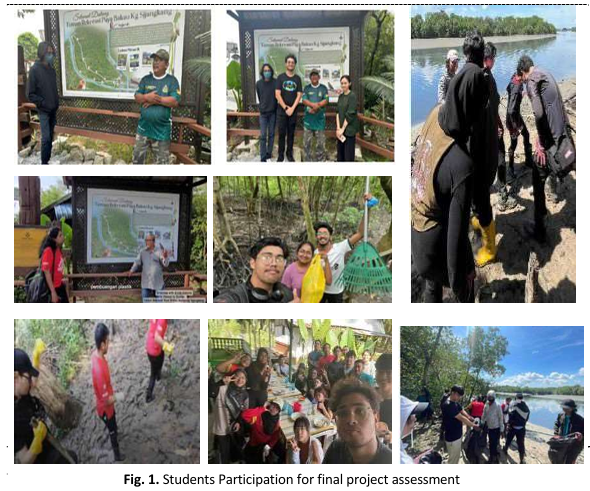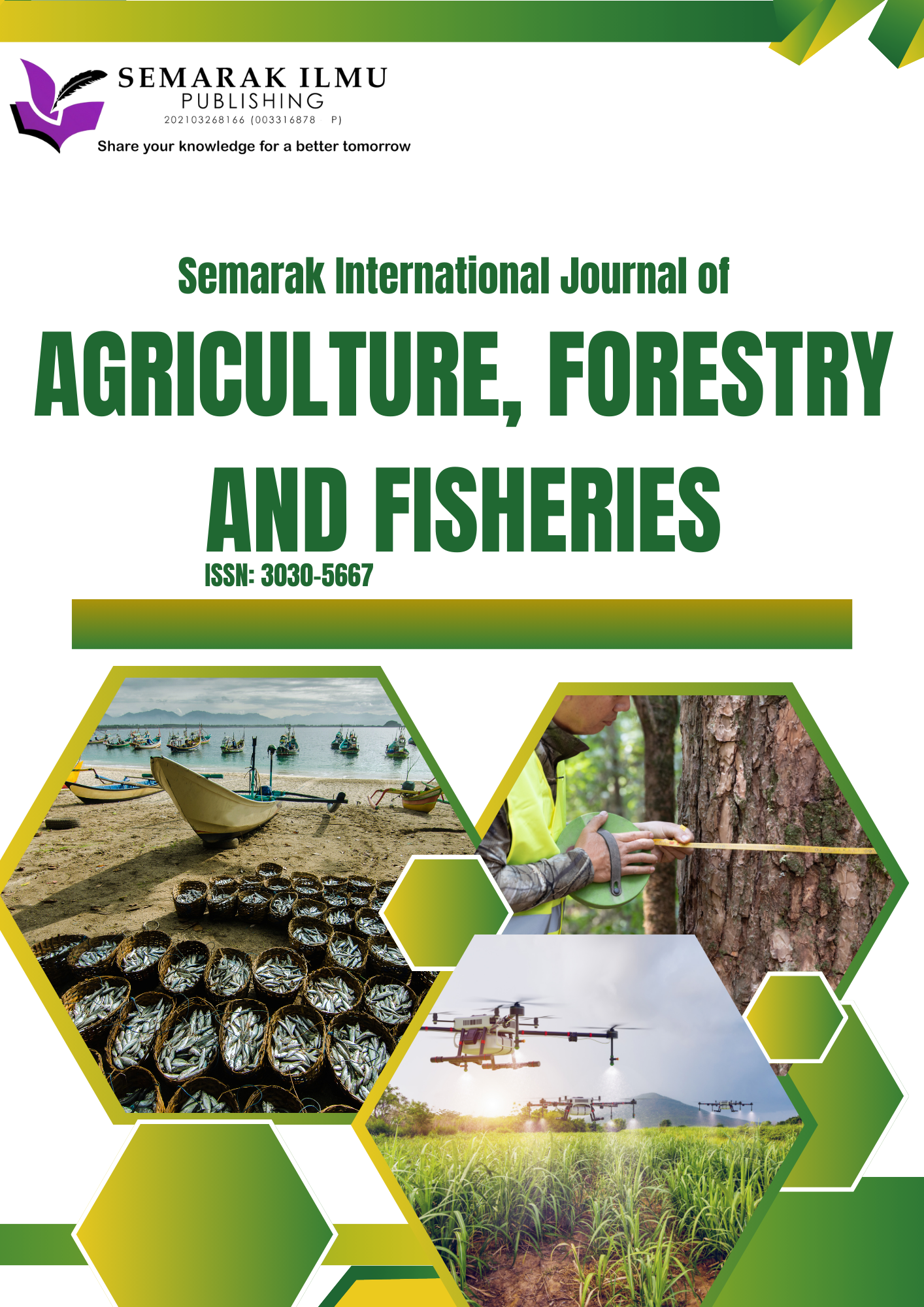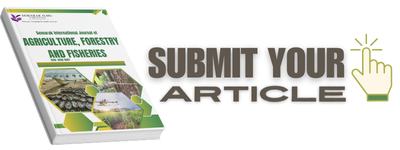Fostering Sustainable Habits: Integrating Project-Based Learning and Mangrove Conservation for Environmental Education
DOI:
https://doi.org/10.37934/sijaff.5.1.114Keywords:
Experimential & project-based learning, sustainability education, mangrove conservation, SDG-driven education, 21st century teaching & learning, climate action, sustainable cities and communitiesAbstract
Sustainability education is crucial for cultivating environmental awareness, yet traditional classroom methods often lack practical engagement for real-world impact. Project-Based Learning (PBL) provides a hands-on approach by actively involving students in environmental conservation efforts, fostering experiential learning and long-term behavioural change. This study explores the integration of PBL into higher education through a mangrove conservation initiative, aligning with Sustainable Development Goals (SDGs) 4, 11, 13, and 14. Mangrove deforestation remains a critical global issue, with over 5,245 km² lost since 1996. Despite various conservation initiatives, community engagement and long-term participation remain low, primarily due to insufficient awareness and direct involvement. Conventional educational approaches often struggle to instil active participation and environmental responsibility, emphasizing the need for immersive, field-based learning experiences. This research evaluates PBL’s effectiveness in sustainability education by incorporating mangrove conservation into university coursework through river cleanups, waste analysis, and community collaboration. The study employs a mixed-methods approach, integrating pre- and post-surveys, field observations, and impact assessment metrics to evaluate students’ learning outcomes, behavioural intent, and environmental impact. Preliminary findings indicate a 45% increase in sustainability awareness, with 60% of participants committing to ongoing conservation activities. Additionally, waste analysis from cleanup efforts provides tangible insights into pollution patterns and the need for stronger waste management policies. The study underscores PBL’s potential as an innovative educational strategy, promoting active learning, problem-solving, and environmental stewardship while bridging the gap between academic knowledge and real-world application.









